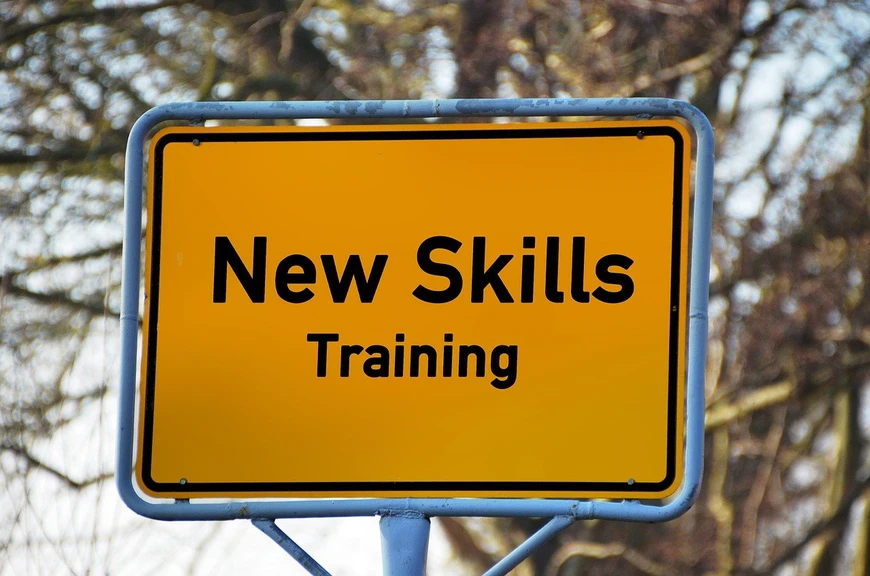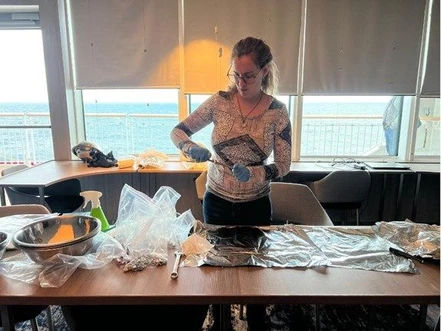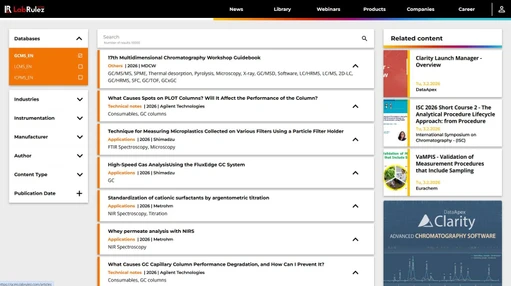GC & GC/MS Training Quick Reference Guide

Pixabay/Gerd Altmann: GC & GC/MS Training Quick Reference Guide
Training Scenarios
Also in reality for GC & GC/MS training most trainees are at completely different levels of ability and experience in relation to aspects of the technique, instruments, software.
In addition, certain industries and markets have unique instrument techniques, configurations and applications that require different knowledge that a general GC analyst may have no or at best, limited experience in that area.
Traditional Training
Traditional training often occurs sporadically and is usually attending off site with traditional lectures and presentations.
As there are a wide range of GC & GC/MS sample preparation techniques, injectors, columns, detectors and software often you just get a overall simple overview of the theory behind each with limited hands on experience or time to ask questions.
You will probably have to attend a separate courses for troubleshooting, software or method development. This is basically logistically impossible to achieve when attending separate generic courses from different training providers attempting to cover attendees from different companies and areas of interest.
What is really required is a bespoke detailed program around your instrument, application/market segment and most importantly the individual(s). Also, there is a logical optimal scheduled timing and pathway to increase your relative productivity.
New Remote Options Available
The advantages of remote learning are:
- Training periods can be shorter and more effective
- Time to implement learning between training sessions
- Bespoke to your instrument configuration and software version
- No access arrangements to site are required
- No health & safety/Covid, issues to deal with.
- Lower cost
There are disadvantages such as unfounded IT fears (typically in larger organizations) and the personal interaction is not quite the same however as the training is carried out remotely with a maximum of 4 people, the impact is minimal compared with the advantages. However there are few companies supplying a cost effective bespoke training solutions and services around your specific situation.
Two of the most common situations at each end of the training spectrum are listed below:
- Replacement staff: Basic software training
- Instrument installation with new staff: Specific theory around the instrument configuration, method development/translation, maintenance information, troubleshooting, data processing and reporting.
Conclusion
The best approach is a training schedule could cover either theory, specific instrument, software and application or combines some or all of these areas. It should also take into account the trainees experience to tailor the training program to realistic small manageable training periods (typically 2-4 hours). ChromSolutions can offer this bespoke service through their remote support program. We have not only trained customer, we have also trained sales and administration personnel.
ChromSolutions Ltd
What we offer at ChromSolutions is our wealth of experience in analytical instrument sales and support (over 110 years distributed through the members of our company). We can help you from defining your requirements to the implementation of a robust gas analytical method fit for purpose.




